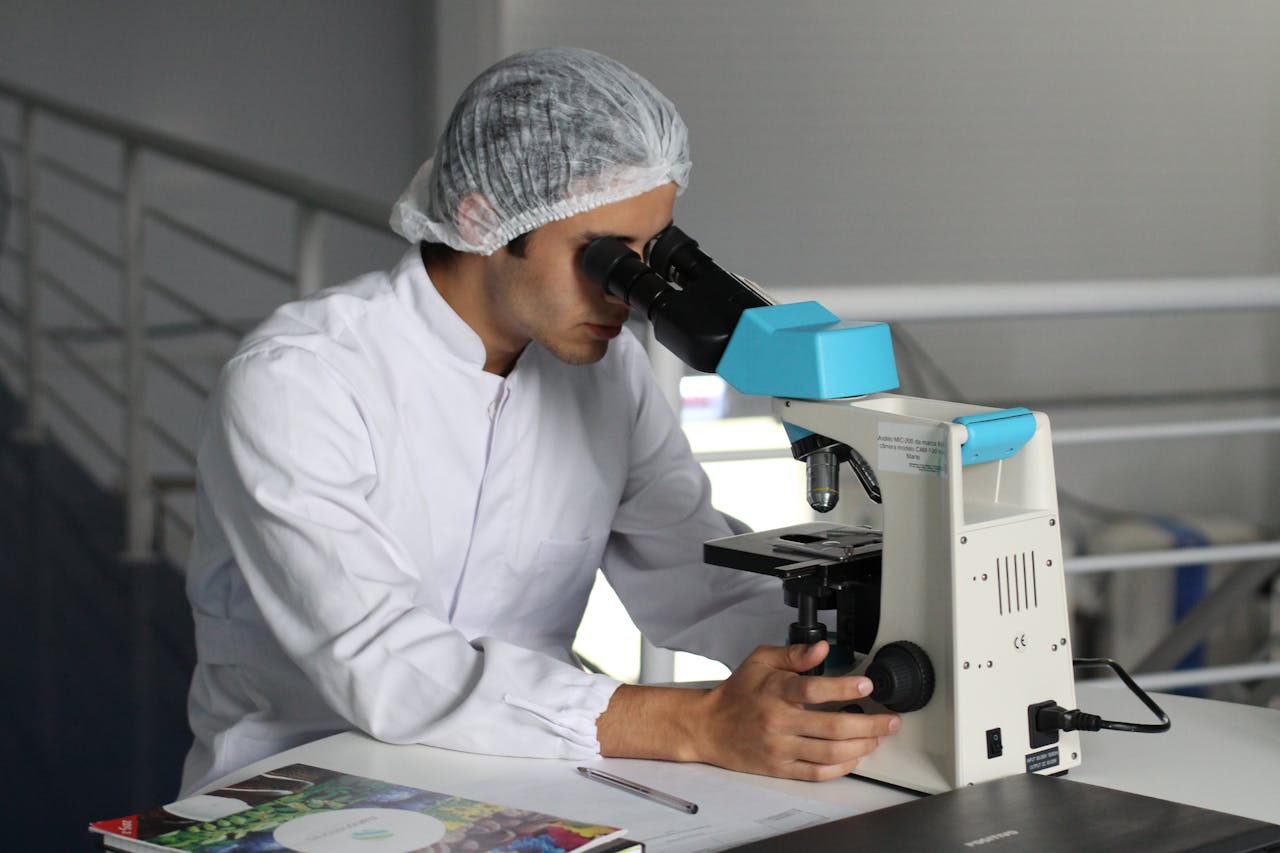The healthcare industry is currently experiencing a revolution fueled by emerging technologies. These innovations are reshaping patient care, diagnostics, and management, promising a future of unprecedented medical advancements.
Artificial Intelligence and Machine Learning
Artificial Intelligence (AI) and Machine Learning (ML) are at the forefront of the healthcare transformation. These technologies enable more precise diagnoses, customized treatment plans, and even the early detection of diseases. AI algorithms analyze massive amounts of data from medical records, imaging studies, and genomic information to identify patterns beyond human perception. For example, AI-driven imaging tools are now capable of detecting early signs of cancer with higher accuracy than traditional methods. Machine Learning models also assist in predicting patient outcomes, potentially reducing hospital readmissions and tailoring postoperative care. AI applications in drug discovery are accelerating the development of new medications by predicting molecular interactions. These advancements collectively hold the promise of making healthcare more efficient, accurate, and personalized, ultimately enhancing patient outcomes.
Telemedicine and Telehealth
Telemedicine and telehealth solutions have gained significant traction, especially in the wake of the COVID-19 pandemic. These technologies allow patients to consult with healthcare providers from the comfort of their homes, reducing the need for physical visits. Video consultations, remote monitoring systems, and mobile health applications are making healthcare more accessible, particularly for those living in remote or underserved areas. Telehealth can also bridge the gap between patients and specialists, ensuring timely and effective medical advice. This technology not only improves healthcare delivery but also minimizes exposure to infectious diseases, safeguarding both patients and healthcare workers. Furthermore, remote patient monitoring helps manage chronic conditions by providing real-time data on vital signs, enabling prompt interventions. Telemedicine and telehealth are thus breaking down geographical barriers and bringing equitable healthcare access to all.
Wearable Health Devices
Wearable health devices are empowering individuals to take control of their health like never before. These devices, which include smartwatches, fitness trackers, and even smart clothing, continuously monitor various health parameters such as heart rate, activity levels, and sleep patterns. Some advanced wearables can even track blood sugar levels and blood pressure. The data gathered by these devices provides valuable insights into an individual’s health, allowing for early identification of potential issues. Physicians can use this data to make more informed decisions and provide personalized recommendations. Wearable health devices also encourage proactive health management by motivating users to achieve fitness goals and maintain healthy lifestyles. As technology advances, we can expect wearables to become even more sophisticated, offering comprehensive health monitoring and integrating seamlessly with medical records for holistic patient care.
Genomic Medicine
Genomic medicine is unlocking new possibilities in the diagnosis and treatment of diseases. By analyzing an individual’s genetic makeup, healthcare providers can gain a deeper understanding of predispositions to certain medical conditions and respond with precision medicine strategies. For instance, cancer treatment can now be tailored to the genetic profile of both the patient and the tumor, leading to more effective and less toxic therapies. Genomic screening can identify carriers of hereditary diseases or conditions, allowing for informed family planning decisions and early interventions. Prenatal genetic testing also opens the door to identifying potential birth defects or genetic disorders before delivery. Furthermore, advancements in CRISPR and other gene-editing technologies hold promise for correcting genetic mutations responsible for various disorders. Genomic medicine is ushering in an era where healthcare is not only reactive but also predictive and preventative.
Robotics and Automation
Robotic technology is revolutionizing surgical procedures and medical care delivery. Robotic-assisted surgeries offer unparalleled precision, reducing the risk of complications and speeding up recovery times. Surgeons can perform complex operations through tiny incisions, resulting in less pain and scarring for patients. Robotic systems in hospitals are also taking over various tasks such as medication dispensing, sterilization processes, and even patient transportation, enhancing operational efficiency. Automation in administrative tasks, from scheduling to billing, reduces human error and frees up healthcare professionals to focus more on patient care. Robots are also being utilized in rehabilitation settings, assisting patients with exercises and mobility, leading to more effective rehabilitation outcomes. As robotics and automation continue to advance, they promise a future of more efficient, precise, and patient-centered healthcare.
Conclusion
Emerging technologies are poised to redefine the landscape of healthcare, offering groundbreaking advancements that promise to improve patient care, streamline operations, and expand access. Artificial Intelligence and Machine Learning are making diagnostics and treatment plans more precise, while Telemedicine and Telehealth are democratizing healthcare access. Wearable health devices are empowering individuals to take charge of their health, and Genomic Medicine is providing a deeper understanding of disease at a genetic level. Robotic and automation technologies are revolutionizing surgeries and hospital operations. Together, these innovations are paving the way for a more efficient, effective, and personalized healthcare system. As these technologies continue to evolve, they will not only revolutionize the way we approach healthcare but will also improve health outcomes on a global scale.
